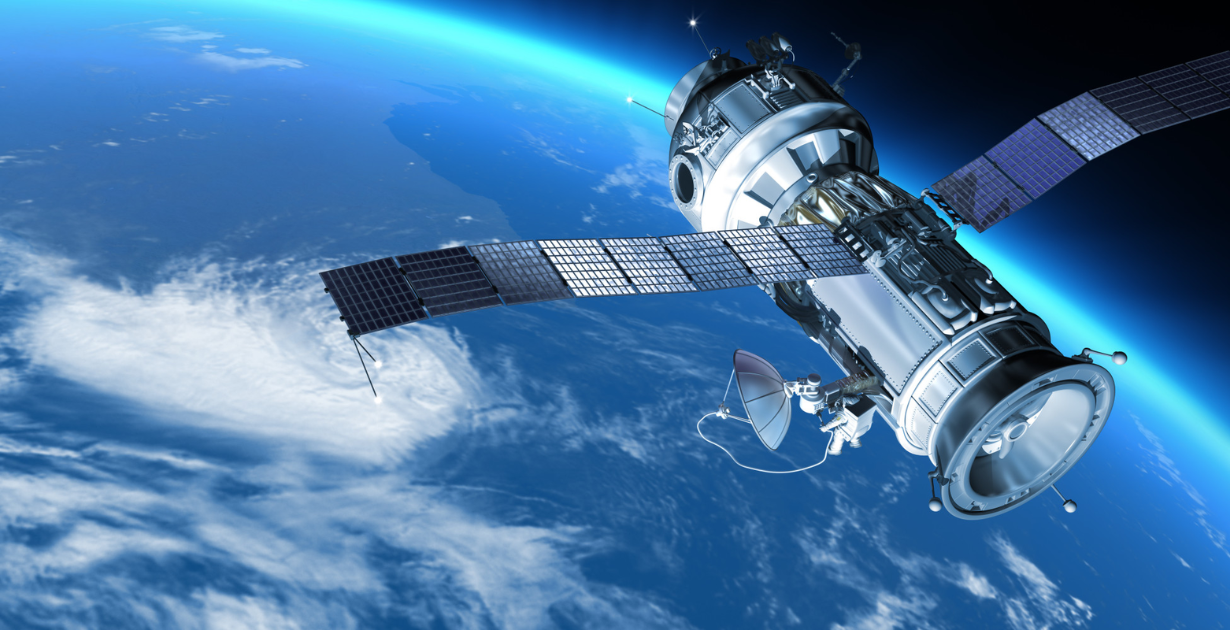AI Seen as Key to Fighting Climate Change, but Challenges Remain
Artificial intelligence could help the world cut carbon emissions by billions of tonnes each year, according to a new study led by economist Nicholas Stern.
The research highlights how AI tools in transport, agriculture, and energy could dramatically reduce greenhouse gas emissions by 2035.
Success stories already exist. Google’s DeepMind has used AI to optimize wind turbine performance, saving energy and reducing costs. In agriculture, AI systems are helping farmers use less fertilizer while boosting yields.
Despite the potential, barriers remain. Some AI solutions are expensive to implement, and others require policy changes or infrastructure upgrades. There are also concerns about the use of AI to support fossil fuel industries rather than green energy.
Governments and businesses must collaborate to ensure AI technologies are used responsibly and at scale. Without regulation and incentives, the full benefits of AI for climate action may not materialize.
The study calls for urgent investment in AI-powered sustainability, positioning technology as a vital tool in the fight against climate change.
news via inbox
Get the latest updates delivered straight to your inbox. Subscribe now!




